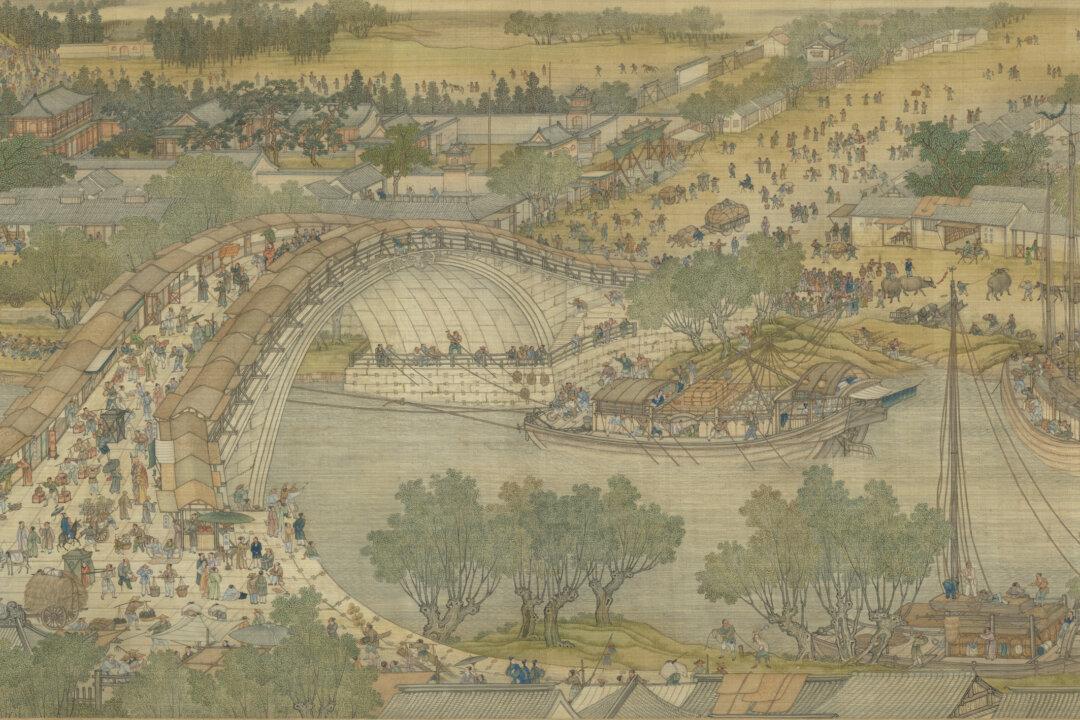In Chinese culture, 馬 (mǎ), or horse, is an auspicious and beloved animal associated with many positive things. It represents liveliness, health, strength, free spirit, speed, persistence, and talent.
For example, 千里馬 qiān lǐ mǎ, which literally means a 10,000-mile horse and is interpreted as a fine horse, is a metaphor used for talented people.
In the oracle bone script, the character 馬 was written as a pictograph of a horse and closely resembled the animal rearing on its hind legs. It was composed of parts that represented the eyes, mane, four legs, and tail of a horse. The original meaning of the character referred to livestock that run fast.
In the bell-cauldron inscription, the character evolved to a shape that highlighted the horse’s flowing mane and four legs when running. The seal script continued with this emphasis with just a slight modification.
Later, based on the seal script shape, clerical script calligraphers modified the bottom of the character by simplifying it to four dots to symbolize the horse’s legs. The shape of the character has since been stabilized this way.
In ancient times, horses were widely used in military activities, so it is associated with characters related to military terms as the radical; for example, the character 駐(zhù) to halt, to stay, or to be stationed (of troops, diplomats, etc.) and 驛 (yì), post.
In character combinations, 馬 forms words related to power and movement, such as 馬力 (mǎ lì) horsepower; 馬達 (mǎ dá), motor (a loanword, which resembles the English word); and 馬上 (mǎ shàng), at once or immediately.
The character 馬 is used in many idioms that express traditional Chinese values. For example, 龍馬精神 (lóng mǎ jīng shén) had an original meaning of “old but still full of vitality.” Now, it is simply translated as vigorous spirit.
龍馬 (lóng mǎ), a legendary animal with the appearance of a horse with dragon scales, represented the vital spirit of Heaven and Earth. It is also believed to be the spirit of the Yellow River, which the Chinese consider the mother river. The characteristic of the 龍馬 lóng mǎ is very vigorous and upbeat.
Other related idioms include:
馬到成功 (mǎ dào chéng gong), used to wish someone an instant success or an immediate victory.
路遙知馬力,日久見人心 (lù yáo zhī mǎ lì, rì jiǔ jiàn rén xīn), which means a long way can verify the strength of a horse and time can prove the nature of a person’s heart.
快馬加鞭 (kuài mǎ jiā biān) literarily means to spur on the flying horse to full speed. It is used today to describe making an effort to progress faster in order to advance as quickly as possible, or as a metaphor for making continuous efforts to improve.



